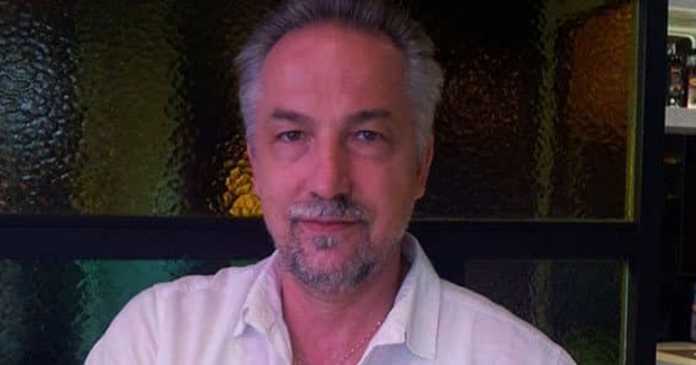Macedonia and the EU's focus on the south

The EU is trying to keep "European perspectives" alive, without saying when membership for the Western Balkans could be relevant. The same attitude was applied to Turkey, which finally got tired and turned its back on Brussels.
French President Emmanuel Macron and Italian Prime Minister Mario Draghi will sign an agreement these days that they expect will shift the balance of power within the EU to southern Europe, after Angela Merkel retires this year and resigns as chancellor. The two leaders are expected to put their signatures in Rome on what is considered to be a historic agreement.
Merkel's strategy, through her policy of mediation and compromise on difficult issues, was basically that a united Europe was good for Germany. That is why the elections in Germany, and the election of a new Chancellor, are considered crucial for Europe, because it is an indisputable fact that Germany is the largest and economically strongest member of European cooperation. Its role has intensified in recent years, in part through support for EU enlargement with new members, and in part through Brexit, when Britain disappeared from the EU.
For Macedonia, whose aspirations for European integration remain, Bulgaria continues to be aggressively thwarted by a tough blockade, especially important are the efforts of Macron, who relinquished his previous veto on EU enlargement and recently called for the opening of negotiations with Macedonia and Albania by the end of December this year, and until then Sofia and Skopje to reach an agreement on the Bulgarian veto.
Macron's efforts were likely to become interesting in light of the new Franco-Italian historic agreement, which is expected to shift the EU's focus. The details of this bilateral agreement are not yet known, but the content refers to deepening cooperation in the fields of economy, trade, security and culture. This treaty, already considered historic, will also replace the historic Elysee Treaty, signed in Paris in 1963, as an attempt to overcome long-standing animosities and establish a basis for friendship and cooperation between France and Germany. That agreement was later deepened in 2019, when Macron and Merkel signed the Aachen Agreement, which now seems to have reached the end of the road.
"Politico" wrote this summer about this possible new political duo and their different leadership style, starting from the fact that Macron and Dragi express a greater willingness to spend funds and act more decisively than the former Germany-France alliance did, and the two leaders want to see a bolder EU in tackling the challenges.
But it also warns that wealthy austerity states in the north of the EU will do everything in their power to limit spending on European financial co-operation, while countries in Eastern and Central Europe will continue to challenge Macron and his social-liberal policies, including resistance to the extreme phenomena of capitalism and a less rigorous approach to the use of taxes in order to protect freedoms, human rights and equal opportunities for all.
At the moment, not many in the EU are ready to speak, still with some optimism, in support of the European Commission's previous forecasts for the admission of new members from the Western Balkans by 2025. Not even a large number of those who think that at best it would be possible in ten years.
But in various member states, the number of parliamentary parties is growing, especially with far-right and populist profiles, which oppose even opening pre-accession talks with aspiring Western Balkan countries, although they are aware that the membership negotiation process is likely to take a while. at least a whole decade.
They justify their opposition with the bad experiences of the previous rounds of enlargement to Eastern Europe, given that Hungary and Poland persistently continue to violate the principles of the rule of law, and members like Romania and Bulgaria have not been celebrated at all for implementing the necessary reforms since applied in full membership, so that even a decade and a half after membership they are still by far the most corrupt in the EU. Debates in the European Parliament often emphasize that all members must respect freedom, democracy, equality and human rights, including the rights of minorities. For Bulgaria and Greece, for example, the latter becomes quite difficult to listen to, given the very low standards that allow them to protect the rights of their own minorities.
According to critics, the reasons for the opposition to further EU enlargement by many member states are seen in the views that poor countries have already been admitted on very loose grounds. Unprepared to function in the system of European values.
The EU is trying to keep "European perspectives" alive, without saying when membership for the Western Balkans could be relevant. The same attitude was applied to Turkey, which finally got tired and turned its back on Brussels.
It remains to be seen whether the new Franco-Italian alliance, in addition to shifting its focus and balance of power to the south of Europe, can move forward blocked processes, including enlargement to the Western Balkans.
Otherwise, the more time passes, the more new ideas and thoughts will be actualized. The Balkans are not at all irrelevant when it comes to Russian President Putin's attempts to destabilize Europe. But destabilizing the Western Balkans would increase the risk of a major regional conflict, which would undoubtedly have a strong impact on the EU, whether Brussels wants it or not.


